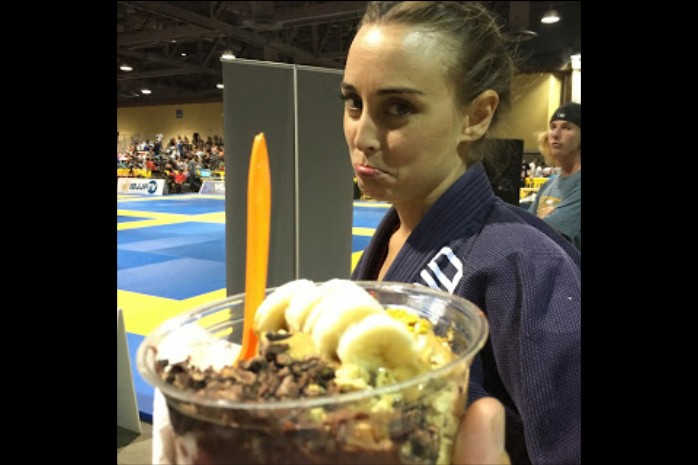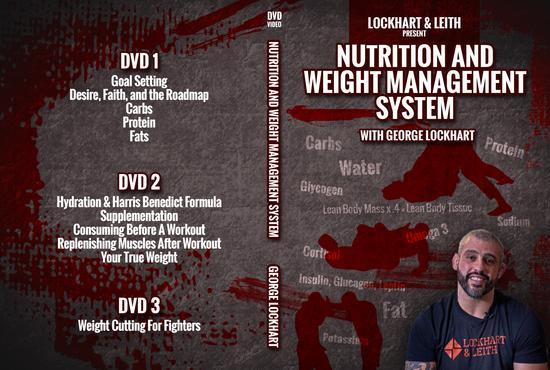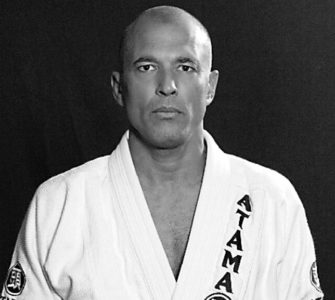Introduction
For combat sports, speed, strength, and stamina are the top priorities and both require physical as well as mental determination. Furthermore, a well-designed diet shapes our training capacity and regenerative process after each session. It’s estimated that an average Brazilian Jiu-Jitsu training session consumes around 900 calories per hour, depending on the intensity. Also, our movement and focus are determined by our pre-training diet, therefore, it’s imperative to develop a healthy and purposeful diet plan.
Our current article will let you in on a few pieces of advice that show what and why we should eat before and after we hit the mats on our BJJ training.
Water is essential
Our body uses water for cellular metabolism, and the more energy we consume the more water goes out of our body through sweat and internal metabolic processes. Sweating is the primary cause of water loss, and while it keeps our body cool, losing too much water causes fatigue, loss of focus, and reduced muscle contraction.
Drinking enough water before any training session, especially one enduring as BJJ gives you the ability to maintain full body and mental capacity. After your workout session, it’s important to bring back your body fluid level to its nominal value. If left dehydrated for too long, we risk kidney failure, gastro-intestinal, and many other health issues.
Fruit before your training session
Having fruits before training was my hard-learned lesson during college. My training sessions would take so much energy, I had to contact assignment writers so that they do my homework while I’m taking a rest to replenish my power. It took some time before I understood that my college assignments, as well as my BJJ performance, suffered because of my diet.
Glucose and Fructose are two of three Monosaccharides, found in fresh fruits, which play a vital role in keeping our mind sharp and our body healthy. These simple sugars provide an immense quantity of energy but take just a fraction to be processed. It means we get more energy with minimum consumption. Therefore, you’ll feel lighter and move faster during your training session.
According to a group of Australian scientists, raw fruits are best if you eat 2 hours before training, while you can have smoothies made of fruit an hour before you get out on the mat.
Proteins and carbs after training
As we already mentioned, combat sports take an excessive amount of energy, which we need to compensate after each training session. The regeneration process is even more important for students that need to get back to their studies and other academic activities. Therefore, if you need a quick recovery after your session, here is what you need to do.
Protein intake is of utmost importance after every physical activity, especially when it comes to demanding sports. These biochemical compounds are the building blocks of our muscle structure which suffer an enormous amount of stress during physical exercise. Furthermore, proteins not only replenish, but they also promote muscle growth, making us stronger with each new training session. It’s important to have protein-rich food as soon as the training is complete, optimally some 20 minutes after we’re done.
Along with our muscle regeneration, it’s important to bring back some of the energy we lost, which means we need carbohydrates. Since we are at rest, we can go for complex sugars and convert them to glucose, or even more accurately – glycogen. When glucose molecules link into a complex chain, they form glycogen which is a sort of energy storage used by our muscles and brain in most cases. During our training session, we spend some of that stored energy, so we have to replenish it afterward.
Therefore, after each training session, eat a lot of white meat and red meat, depending on your personal preference. Both are rich in protein, as long as you healthily prepare each meal. Don’t use too many condiments, don’t overcook your food, and don’t force-feed yourself to gain weight sooner than your body is prepared for.
Bananas, hummus, almonds, and kefir are an excellent source of carbs that your body can digest easily.
Conclusion
These were the tips we thought would be the most valuable to young academics involved with BJJ. Remember that your food intake dictates your body response during and after each training session. Make sure that your diet is consistent and in accordance with your lifestyle to get the best results out of every activity you take on.
Author Bio:
Emma Rundle is a freelance content writer with experience in topics such as digital marketing, SEO, and social media. She aims to create content that readers can enjoy and learn from at the same time. Emma’s work includes deep research for trusted sources so she could provide valuable and practical pieces of advice.
If you are not sure where to start and how to eat well, check out our newest and best-selling diet product from George Lockhart. Lockhart is one of the UFC’s leading nutritionist and has helped some of the best professional athletes in the world lose weight and doing it in a healthy fashion. Lockhart is the real deal and this product can literally change your life. It is an E-Book and a DVD. This is also available as a digital download below.



















